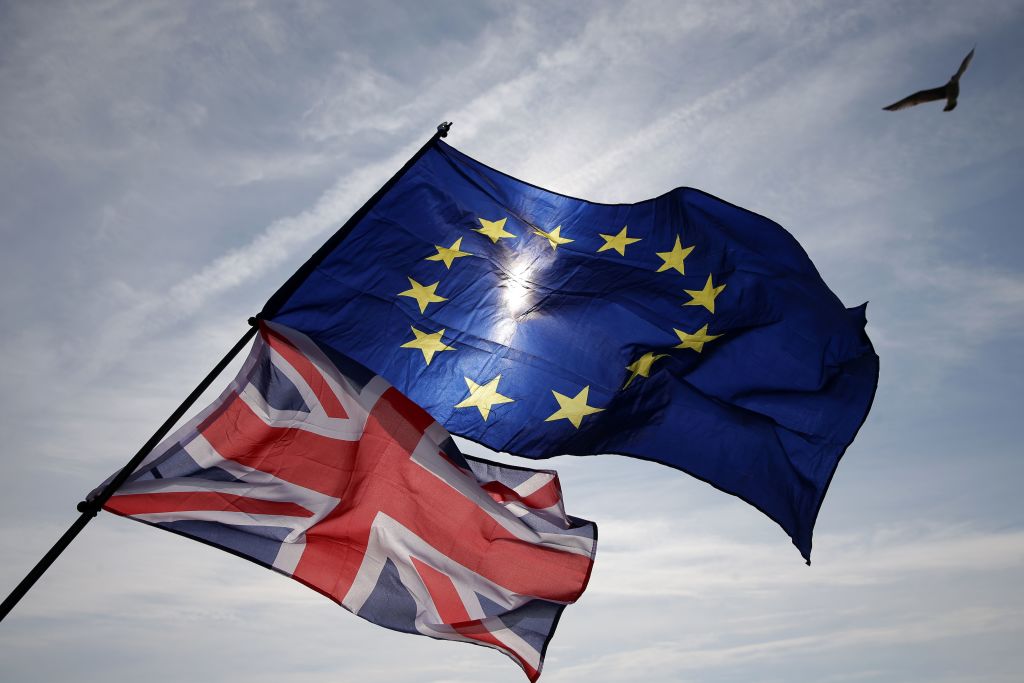The EU referendum result was relatively narrow. 52/ 48 per cent is a very different result from 55/ 45 per cent or 60/ 40 per cent. In these circumstances, seeking some kind of compromise to try and unite the country seems sensible. But the problem is that while there is a coherent case for leaving the EU and a coherent one for staying in, it is hard to see what the coherent case is for leaving the EU only to become a permanent member of the EEA and stay in a customs union with the EU.
A compromise along these lines would satisfy nobody. It wouldn’t deal with the sovereignty concerns of Brexiteers and it wouldn’t satisfy those Remainers who want to be at the European top table as the rules are made. Many of those in the House of Lords who backed the amendment last night to keep the UK in the EEA after Brexit, happily admit that they regard staying in the EEA as the first step to going back into the EU. The logic goes that if Britain is in the EEA it wouldn’t diverge from EU rules, making re-entry easier. In time, voters would wonder what the point of having to respect the four freedoms of the single market and its rules without having any say over them was. They would then be open to the argument that Britain might as well go back into the EU, so that it at least had a seat at the table as these decisions were made.
So if a compromise that tries to take the mid-point between in and out of the EU won’t work, what would? Well, I think the answer comes from a Brexit that is avowedly outward looking and tries to respect the cultural sensitivities that many Remainers have.







Comments